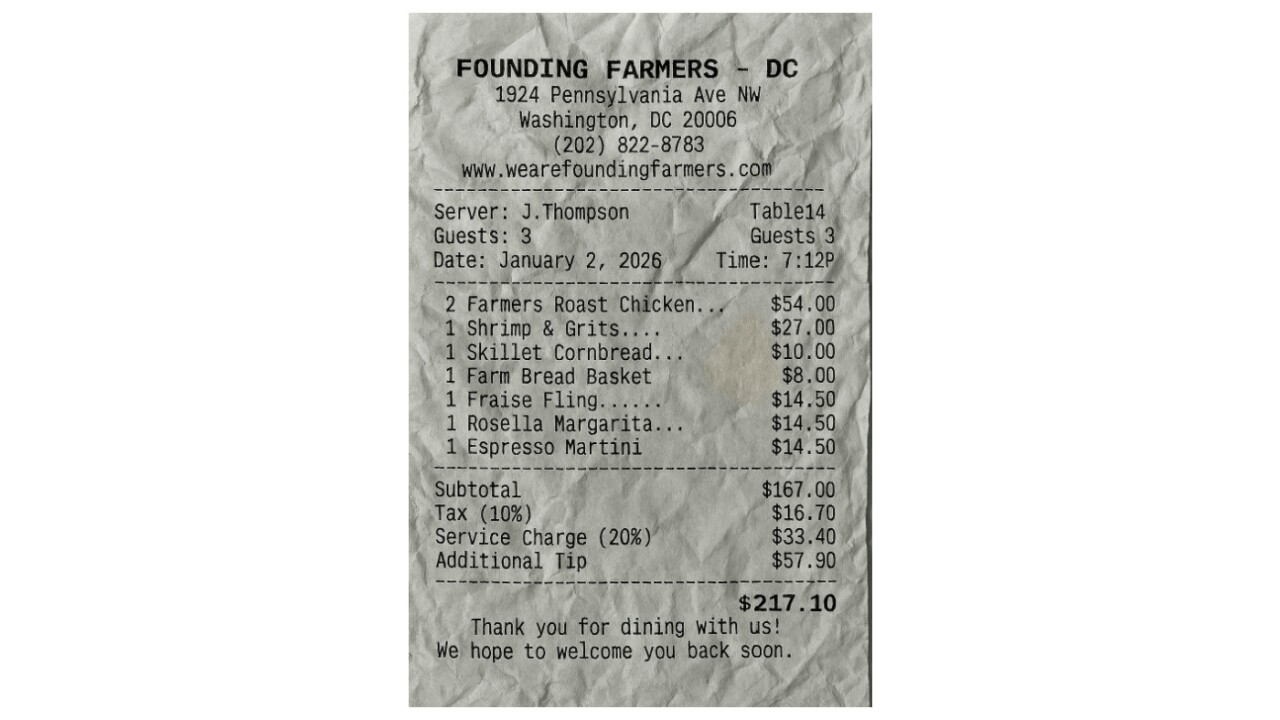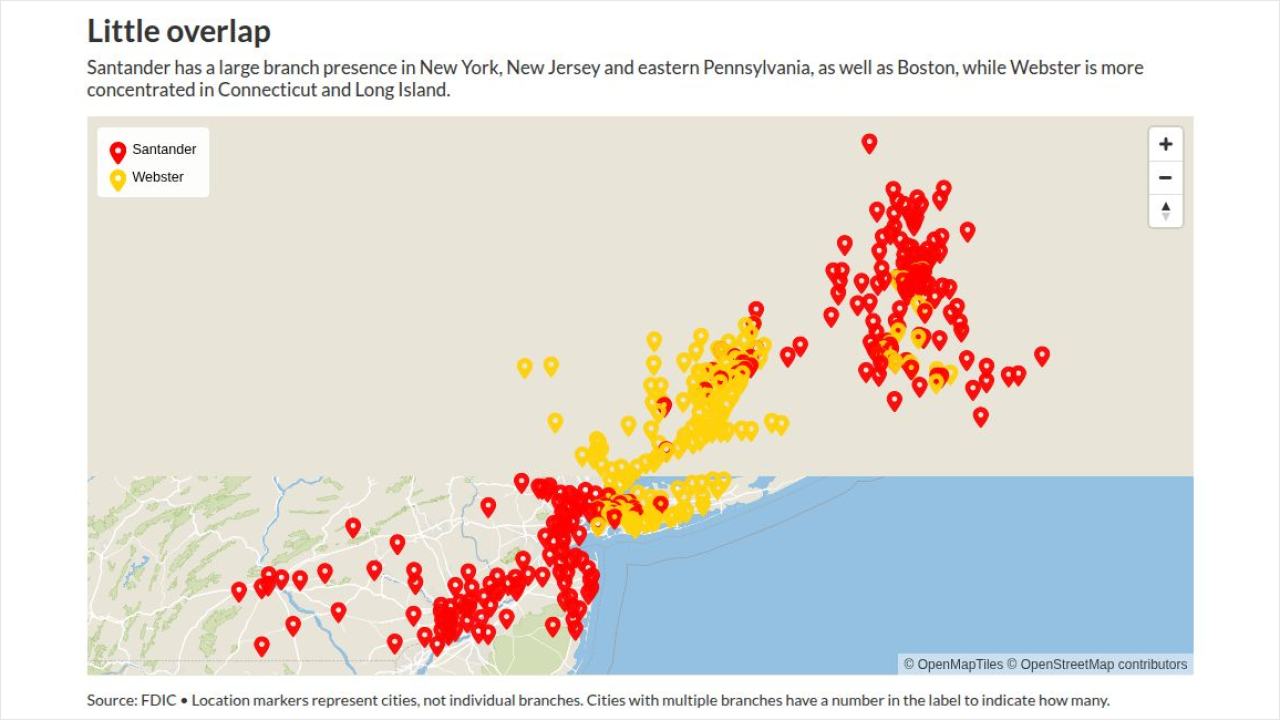WASHINGTON - Senate Banking Committee Chairman Richard Shelby floated a compromise Wednesday to try to break the deadlock on deposit insurance reform legislation.
In a wide-ranging interview on his agenda for 2004, the Alabama Republican also said revamping regulation of the housing government-sponsored enterprises and responding to improprieties in the mutual fund industry were foremost on his mind and would take the bulk of the committee's time.
Sen. Shelby said he has not made any decisions on what specific solutions he will recommend for GSE and mutual fund regulation, but was more direct with his thoughts on the less headline-grabbing issues of deposit insurance reform, the powers of industrial loan companies, and the Office of the Comptroller of the Currency's new preemption rules.
On deposit insurance he said he might be open to indexing coverage levels, which have been set at $100,000 per account since 1980, to inflation in future periods.
"I think the least we would probably do - and this is not an offer, but it has been talked about - is perhaps having coverage indexed prospectively, not retroactively," Sen. Shelby said, speaking in his freshly painted office a day after Congress reconvened for an abbreviated election-year session. "It might be one way to overcome the stalemate."
He said he supports most of the other "basic reforms" in the legislation, such as merging the Bank Insurance and Savings Association Insurance funds, giving the Federal Deposit Insurance Corp. latitude to alter the designated reserve ratio within statutory upper and lower bounds, and removing the constraints on the FDIC's ability to set premiums.
Sen. Shelby and other opponents of raising coverage say they are concerned that the higher the limit, the heavier the taxpayers' burden would be if a rash of bank failures drained the insurance funds and necessitated a public bailout as during the thrift crisis of the late 1980s. But community bankers have insisted that any comprehensive bill contain a coverage hike to preserve their liquidity and competitiveness.
Sen. Shelby privately floated his indexing idea to the Independent Community Bankers of America last year, but the group did not accept it and responded with counteroffer for a one-time, retroactive indexation, ICBA president Ken Guenther said Wednesday.
The House has twice passed legislation to raise coverage to $130,000 in the last two years, only to see the effort die in the Senate, where a similar bill, sponsored by Sen. Tim Johnson, D-S.D., has never been taken up.
House Financial Services Committee Chairman Michael Oxley, R-Ohio, has said he would be willing to compromise on coverage increases. His office did not respond to requests for comment on Sen. Shelby's idea or for information on House Financial Services' plans for the year.
Sen. Shelby, an 18-year veteran of the committee he began chairing a year ago, also panned efforts to expand the powers of industrial loan companies - a policy question that has held up House bills that would let banks pay interest on corporate checking accounts and that would ease an assortment of regulations for banks, thrifts, and credit unions.
"If you want to mix commerce and banking, that's the way to do it," he said. "We have to be careful."
Allowing the companies to branch across state lines, for example, "would change our whole banking system," he said. "It wouldn't be long until Wal-Mart, Sears, K-Mart, Target, General Motors, Ford - all of these huge commercial enterprises - would take over the banking business."
It is unclear if Sen. Shelby will be able to steer Senate regulatory relief legislation - which he said is being drafted by Sen. Michael Crapo, R-Idaho, and financial institutions subcommittee chairman Robert Bennett, a Utah Republican and strong ILC advocate - clear of the ILC pitfalls.
Sen. Shelby said he will hold a hearing Feb. 5 on an OCC rule that strengthened the agency's preemption power over state and municipal laws that interfere with a wide range of national bank operations.
Though he said he was still examining accusations that the OCC is stretching the law with its rule, Sen. Shelby said his initial reaction was that "we ought not balkanize our banking system" with differing laws among states and localities that would make for difficult navigation for companies that operate nationally.
He is keeping his cards typically close to his chest on the most pressing issues before his panel - GSE and mutual fund reform - until he finishes two series of hearings. In addition to mutual fund hearings on Jan. 29, Feb. 3, and beyond, he is planning two or three February hearings on GSEs, including one on Feb. 24 featuring Federal Reserve Board Chairman Alan Greenspan. A vote on a bill could come in March.
Sen. Shelby said the only detail he and Sen. Paul Sarbanes of Maryland, the top Democrat on the committee, have decided is that "the situation we have today is inadequate for the regulation of both the Federal Home Loan Bank system and Freddie Mac and Fannie Mae. The regulator should be over both."
He has a longer timetable for tackling conflicts of interest and other problems in the mutual fund industry, he said. "We've got to find out, Do we need legislation and, if so, what will it be? I assure you that in another six, seven, or eight weeks we'll have a real indication. We're waiting to see what the SEC does, how they implement their proposals, and if there is another shoe to drop."





